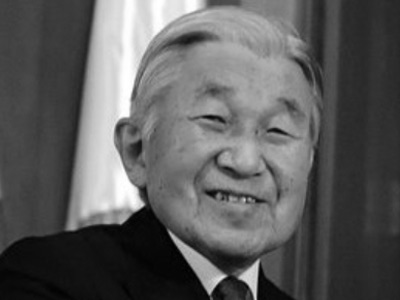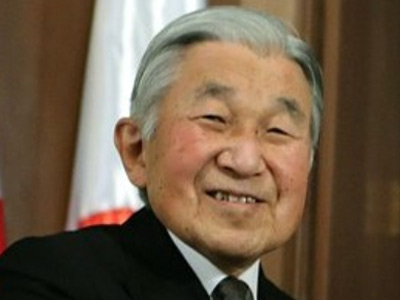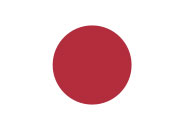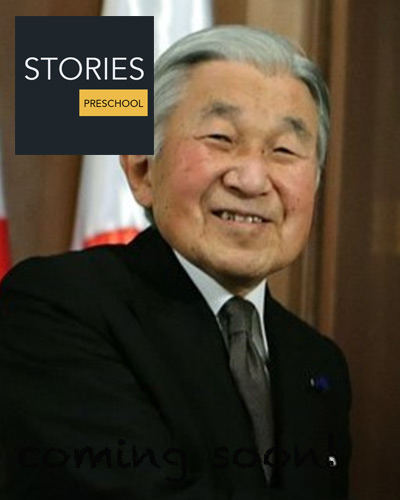Succession and Abdication
Succession
On 6 September 2006, the Emperor celebrated the birth of his first grandson, Prince Hisahito, the third child of the Emperor's younger son. Prince Hisahito is the first male heir born to the Japanese imperial family in 41 years (since his father Prince Akishino) and could avert a possible succession crisis as the Emperor's elder son, the then Crown Prince Naruhito, has only one daughter, Princess Aiko. Under Japan's male-only succession law, Princess Aiko is not eligible for the throne. The birth of Prince Hisahito could mean that proposed changes to the law to allow Aiko to ascend the Chrysanthemum Throne will not go through after being temporarily shelved following the announcement of Princess Kiko's third pregnancy in February 2006. The supporters of changes criticized the current law as it placed a burden on the few aging males old enough to perform royal duties as females left the family.
Abdication
On 13 July 2016, national broadcaster NHK reported that the Emperor intended to abdicate in favor of his eldest son Crown Prince Naruhito within a few years, citing his age. An abdication within the Imperial Family has not occurred since Emperor Kōkaku in 1817. However, senior officials within the Imperial Household Agency denied that there was any official plan for the monarch to abdicate. Abdication by the Emperor required an amendment to the Imperial Household Law, which had no provisions for such a move. On 8 August 2016, the Emperor gave a rare televised address, where he emphasized his advanced age and declining health; this address was interpreted as an implication of his intention to abdicate.

These books are available for download with Apple Books on your Mac or iOS device
On 19 May 2017, the bill that would allow Akihito to abdicate was issued by the Japanese Japan is an island country in East Asia. Beginning in the 12th century, political power was held by a series of military dictators (shōgun) and feudal lords (daimyō) and enforced by a class of warrior nobility (samurai). In the Meiji period, the empire adopted a Western-modeled constitution and pursued a program of industrialization and modernization. A global leader in the automotive, robotics and electronics industries, Japan has made significant contributions to science and technology. government's cabinet. On 8 June 2017, the National Diet passed a one-off bill allowing Akihito to abdicate, and for the government to begin arranging the process of handing over the position to Crown Prince Naruhito. The Japanese government announced in December 2017 that Akihito would abdicate on 30 April 2019, and that Naruhito's reign would begin as of 1 May 2019.
Japan is an island country in East Asia. Beginning in the 12th century, political power was held by a series of military dictators (shōgun) and feudal lords (daimyō) and enforced by a class of warrior nobility (samurai). In the Meiji period, the empire adopted a Western-modeled constitution and pursued a program of industrialization and modernization. A global leader in the automotive, robotics and electronics industries, Japan has made significant contributions to science and technology. government's cabinet. On 8 June 2017, the National Diet passed a one-off bill allowing Akihito to abdicate, and for the government to begin arranging the process of handing over the position to Crown Prince Naruhito. The Japanese government announced in December 2017 that Akihito would abdicate on 30 April 2019, and that Naruhito's reign would begin as of 1 May 2019.
On 19 March 2020, Akihito and his wife moved out of the Imperial Palace, marking their first public appearance since the abdication.
HISTORY
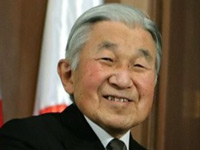
RESOURCES
This article uses material from the Wikipedia article "Akihito (1933-)", which is released under the Creative Commons Attribution-Share-Alike License 3.0.
© Stories Preschool. All Rights Reserved.
